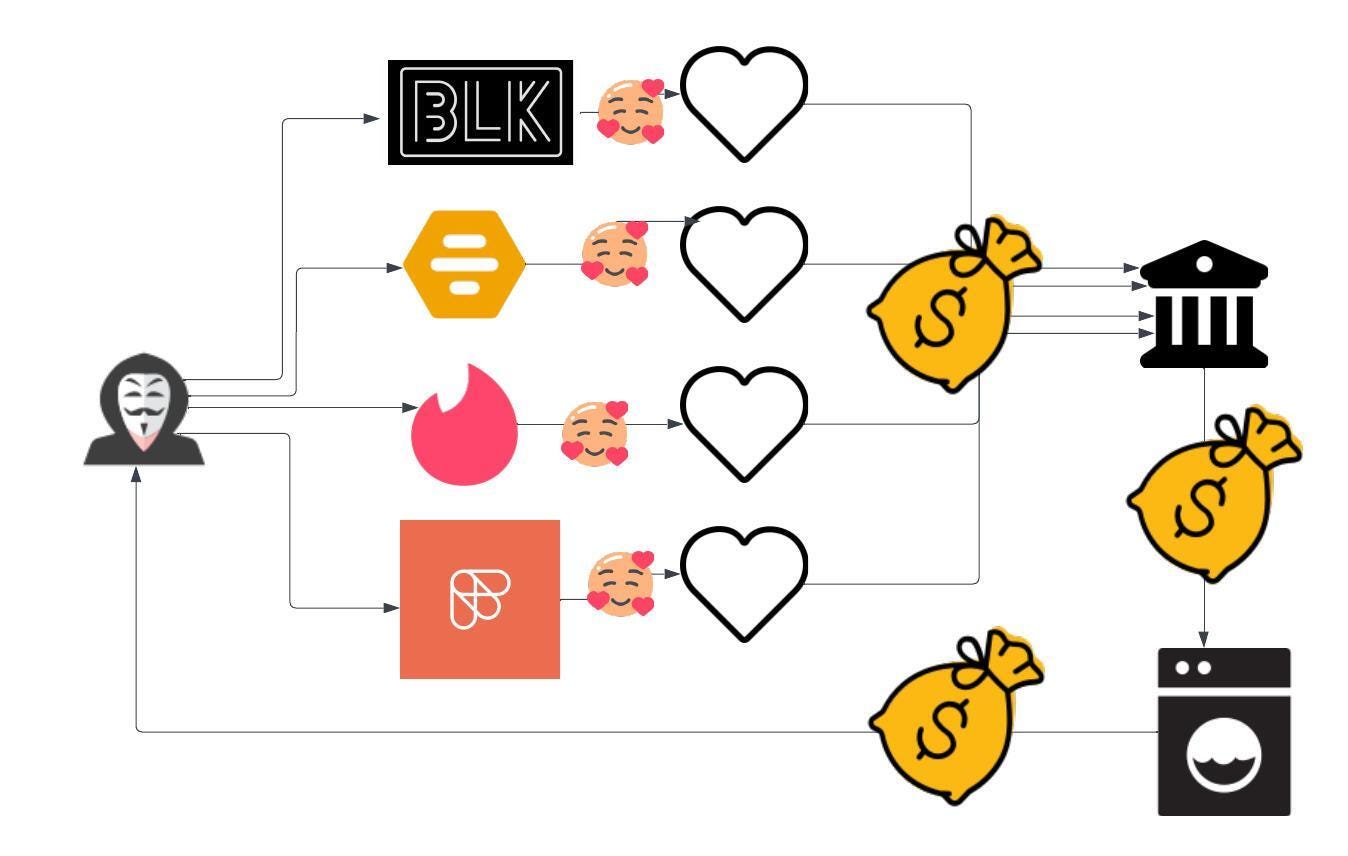Boston's Own Romeo Scammer of 2022
How Kelechi Collins Umeh stole $1million From 30 Consumers
“Why don’t you all protect us?”
I’m reminded of a woman's voice asking me about a physical attack on a victim with bystanders all around. We watched the attack video, and the conversation led to how protection comes in many forms.
Kelechi Collin Umeh’s scam wasn’t a new one. He used a romance scam. The scale is much larger than the basic romance scam. To scale a $20,000 scam on a good run is the max; to make a million in a couple of surrounding cities requires developed processes and planning on par with most Fortune 500 CSOs. Kelechi implemented a team and fake identification as part of his heists. Kelichi used several aliases and laundered the money with the help of his co-conspirators.
Romance scams rely heavily on the social engineering principles of scarcity, familiarity, and trust. The reality of the current paradigms of love and companionship is that it leaves many single people feeling lonely. A quick search leaves you with no shortage of anecdotes of how would-be lovers feel like “time is running out.” There is your scarcity. You find familiarity with the patterns and consistency of the messages sent. No one who doesn’t feel loved or seen will send you money, and if you aren’t always in contact with them, it will be hard to make them believe you see them. This is why you make consistent contact, to build familiarity and a rapport of being dependable. Lastly, if you trust that I am your forever partner, you won’t mind helping me stay on my feet with a $10,000 loan, although I need $20,000. You are on the other end, thinking the love of your life needs $20,000 but is only willing to ask me for half? The fake selflessness and concern for you are an excellent addition for a future rebuttal if you should get mad about the ask in the first place.
Here is a visual for the entire process:
To answer the initial question: Protection can come from making you aware. Please remember no one who loves you will ask you to sacrifice so much when they have given you so little.
Date Safely Friends 🙏🏽


